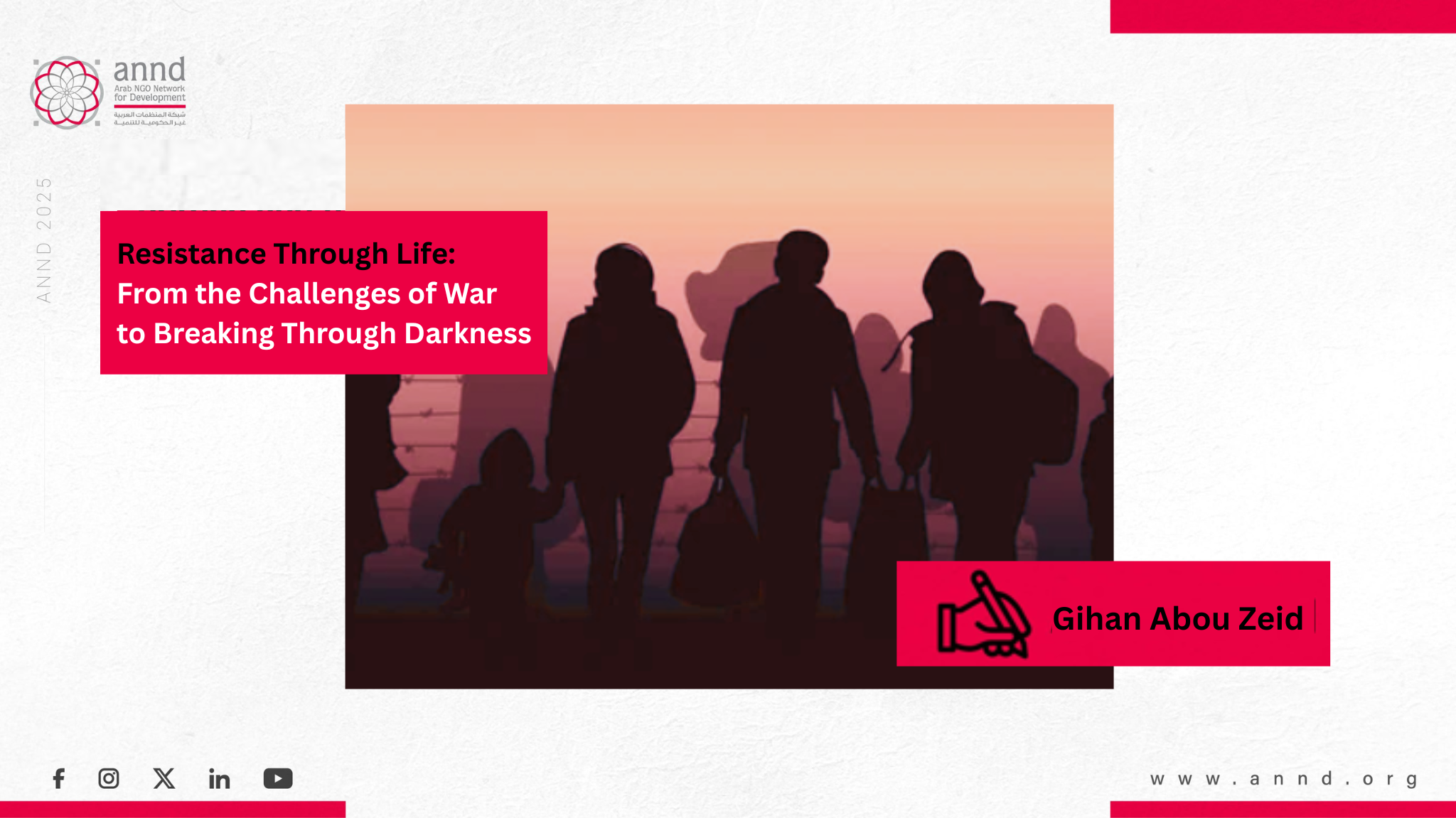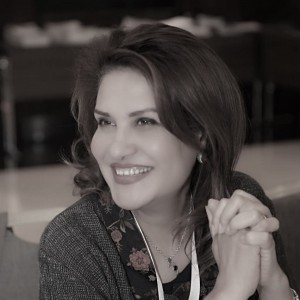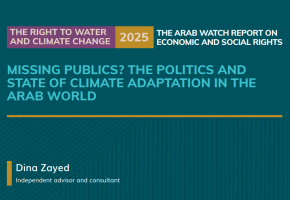
Resistance Through Life: From the Challenges of War to Breaking Through Darkness – Gihan Abou Zeid

Resistance Through Life: From the Challenges of War to Breaking Through Darkness – Gihan Abou Zeid
In a world where the pillars of the international system are cracking, and the credibility of international law is being tested against scenes of genocide and ethnic cleansing in Gaza and Sudan, a deep crisis of trust emerges that cannot be ignored. The inability to confront grave violations, coupled with the repeated use of the U.S. veto, exposes double standards and delivers painful blows to the legitimacy of the entire global system. In this context, the Palestinian and Arab narratives appear to be advancing, fueled by an unprecedented global popular movement, while official international agendas, such as the UN Commission on the Status of Women in New York, remain detached from the reality of women in conflict zones.
In this framework, the November 2024 issue, coinciding with the global 16 Days of Activism against Gender-Based Violence campaign, presents reports and analyses from various geographic hotspots, linking direct violence to structural, economic, and environmental forms of oppression targeting women.
In Gaza, violence occurs within a systematic context aimed at the healthcare system and women’s reproductive capacity, while rape is used as a weapon of war in Sudan, where millions of women and girls suffer severe violations amid international silence. In Tunisia, the experience reveals a stark paradox: a woman reaching the position of Prime Minister for the first time in the Arab world, while women’s representation in parliament has halved, confirming that symbolic presence does not necessarily equate to actual political participation or breaking patriarchal structures.
In Morocco, the acute climate crisis becomes a real test of social and gender justice, with women and girls bearing the greatest burden of water scarcity, negatively affecting their education, health, and economic independence. This environmental crisis reminds us that violence is not limited to direct acts but also includes impoverishing women and marginalizing them in public policies.
Alongside these reports, the Special Rapporteur on Violence against Women provides a fundamental analysis of how the female body is “erased” from discourse and public policies, whether through the use of neutral language avoiding the term “woman” or through Arab cultural norms that reduce femicides to “honor crimes.” This systematic erasure not only weakens legal protection but dangerously excludes women from the scope of justice.
This intersects with the economic challenges facing women in the Global South, where development discourse turns them into numerical indicators, reproducing dependency through international funding mechanisms. This is evident in the report by the feminist network “Ru’ya,” which criticizes token participation in UN conferences and calls for a fifth global women’s conference that ensures genuine participation of women from the South.
Finally, regional and international feminist solidarity remains a pivotal issue, especially amid current political and social transformations. True solidarity is not merely emotional support but a radical political practice that requires building alliances beyond borders, identities, and classes, dismantling dominant discourses as well as colonial and neoliberal structures.
In conclusion, these intersecting readings form a clear map of the main challenges facing women in the Arab region. They are a call to adopt a comprehensive vision linking national issues with women’s liberation, the struggle for environmental and social justice, and the demand for a genuine political space for women. The gains, as these examples remind us, did not come from nothing but are the result of continuous collective struggle, which today more than ever calls for redefining solidarity and its mechanisms to confront the decisive transformations affecting all our destinies.
Recent publications

